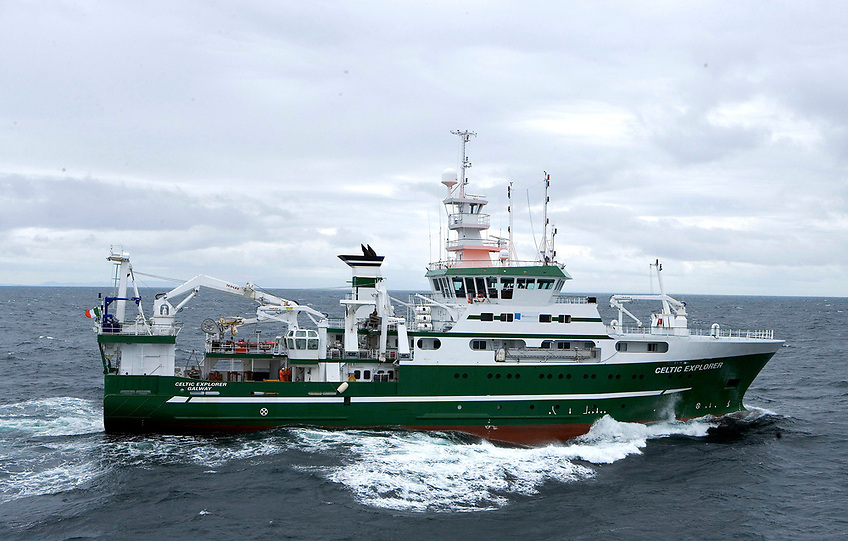University College Cork (UCC) researchers say that cloudier sea waters, caused in part by climate change, is making it harder for seabirds to catch fish.
Researchers attached tiny trackers to the feathers of Manx Shearwater seabirds on Little Saltee, off the southeast coast, to see how underwater visibility affects their ability to forage for fish and other prey.
The study is the first to examine impact of ocean clarity on the diving abilities of seabirds, and results have been published in Proceedings of the Royal Society of Birds.
Lead author of the study, UCC marine ecologist Jamie Darby said that “the chemical and physical properties of the planet’s oceans are changing at an unnatural rate, bringing about challenges for marine life”.
“One consequence of climate change is that large areas of our oceans are becoming cloudier,” Darby said.
Darby and the research team say they investigated the diving patterns of the black and white Manx Shearwaters in relation to local environmental conditions like cloud cover and water clarity.
They recorded over 5000 different dives, and drew from publicly available databases, and a range of relevant information about weather patterns and ocean conditions.
The study found that the birds dove deeper when sunlight could penetrate further underwater, suggesting that visibility is key to their ability to dive for food.
The study says that seabirds will have to overcome this challenge as the planet warms and the ocean becomes cloudier.
“Our findings support the idea that the birds needed sufficient sunlight to be able to forage at depth,” Darby said.
“ While this study examined one particular seabird, the results can be extended to other animals,” he said.
“ Many visually-dependent predators could find themselves struggling to find food as human activities continue to make the oceans murkier,” Darby said.































































